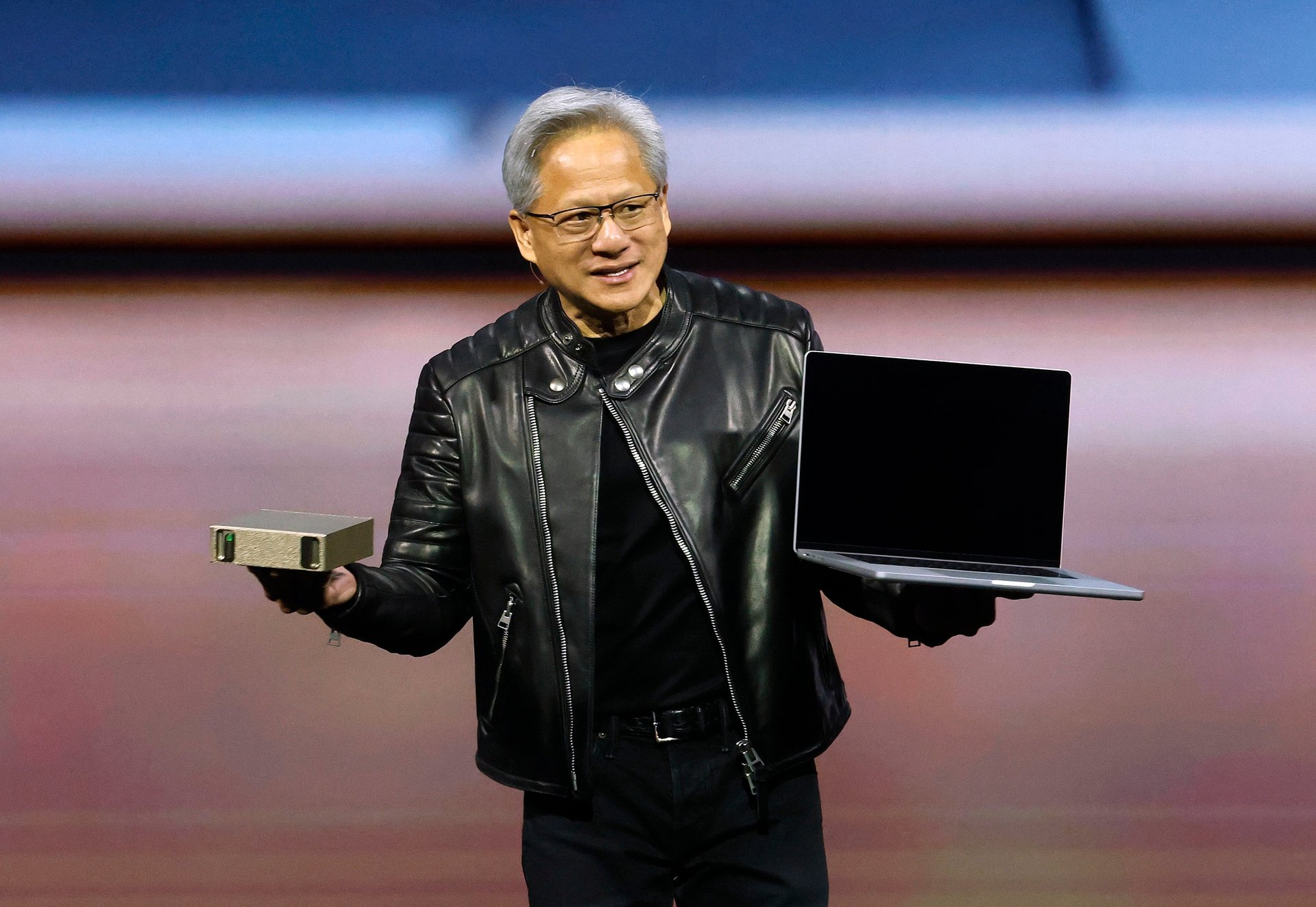Nvidia's business could take a hit from China's new rules — and the stock falls 6%
The Chinese government is reportedly introducing rules for tech firms to use energy-efficient chips

Shares of Nvidia (NVDA) were down by around 6% during mid-day trading on Wednesday after a report that its business in China could be negatively impacted by new government rules. The stock traded around $113.48 as of 3:20 p.m. New York Time.
Suggested Reading
China’s National Development and Reform Commission has asked firms in the country to use energy-efficient chips in new data centers and those that are being expanded, the Financial Times reported, citing documents reviewed by the publication.
Related Content
The H20 chip, which was developed by Nvidia to comply with U.S. export controls, reportedly does not meet the new requirements introduced by the economic planning agency. Nvidia executives are reportedly seeking a meeting with Zheng Shanjie, the chair of the commission, to discuss the rules. It has also reportedly adjusted the chip to meet the energy efficiency rules.
People told the Financial Times that companies such as Alibaba (BABA) and Tencent (TCEHY) have been advised by the commission to not buy the less-powerful Nvidia processors. However, the people said that H20 sales are not currently being impacted, because the rules have yet to be strictly enforced. Meanwhile, Chinese tech giants have reportedly increased orders for the H20 chips after Chinese AI startup DeepSeek sent shockwaves through the industry with its R1 reasoning models in January.
China and Hong Kong are the chipmaker’s fourth-largest market, representing about 13% of its annual revenue — or $17.1 billion — for fiscal 2025, according to Nvidia’s Form 10-K.
“Our products provide superb energy efficiency and value in every market we serve,” Nvidia said in a statement to the Financial Times. “As technology moves rapidly, export control policy should be adjusted to allow U.S. firms to offer the most energy-efficient products possible, while still achieving the Administration’s national security goals.”
